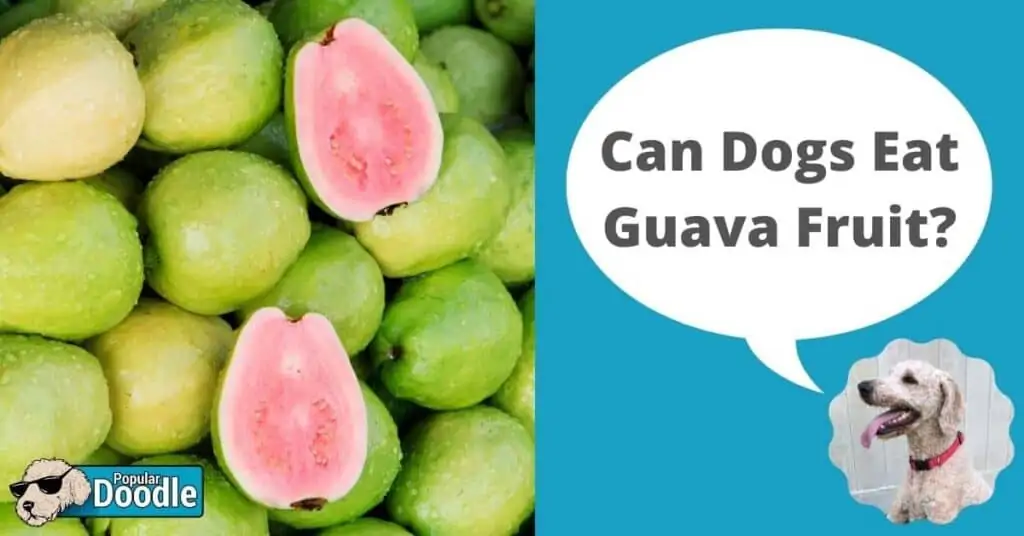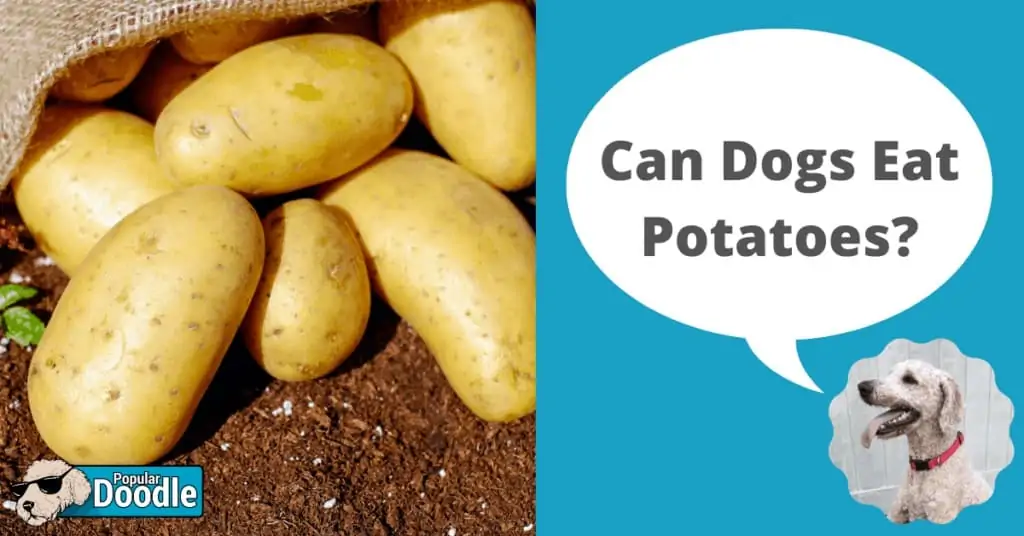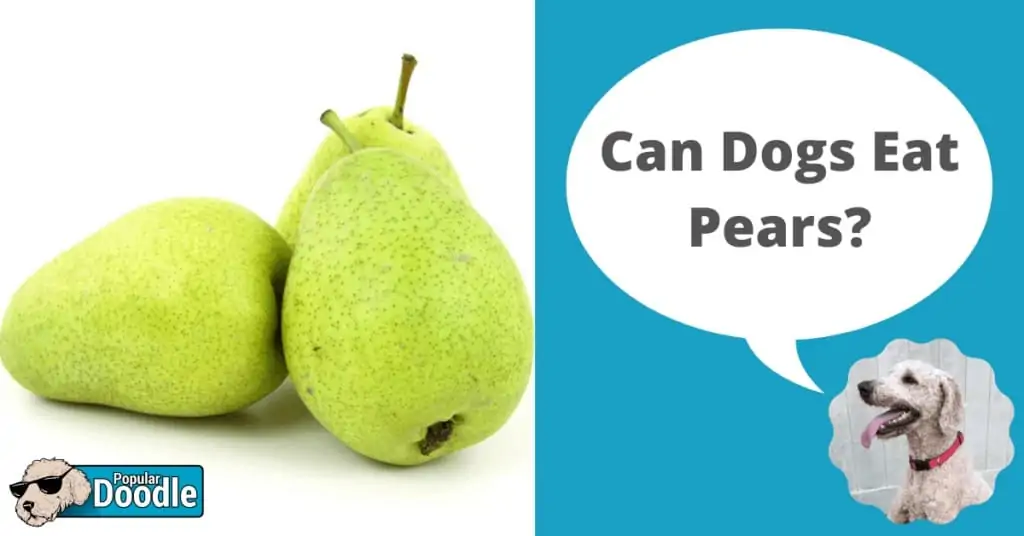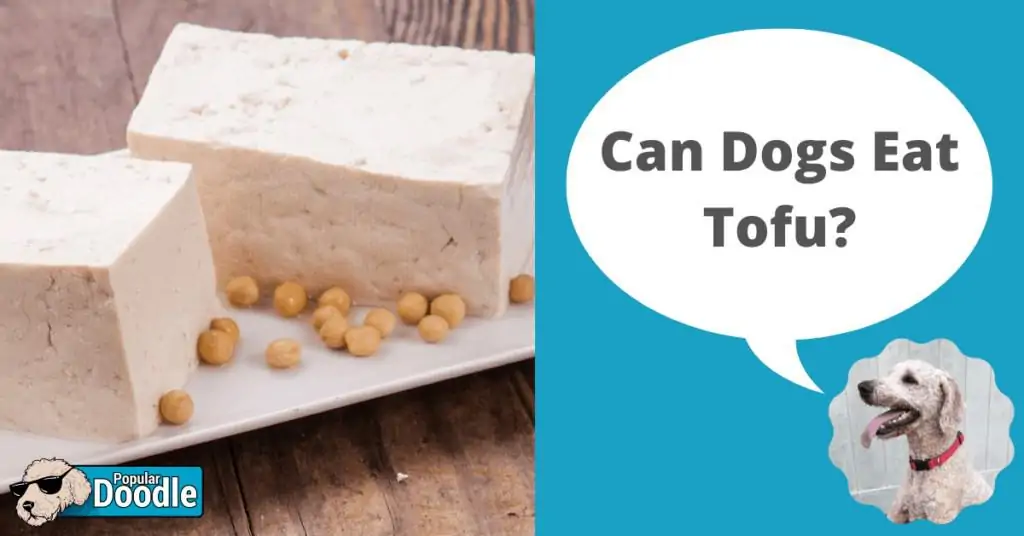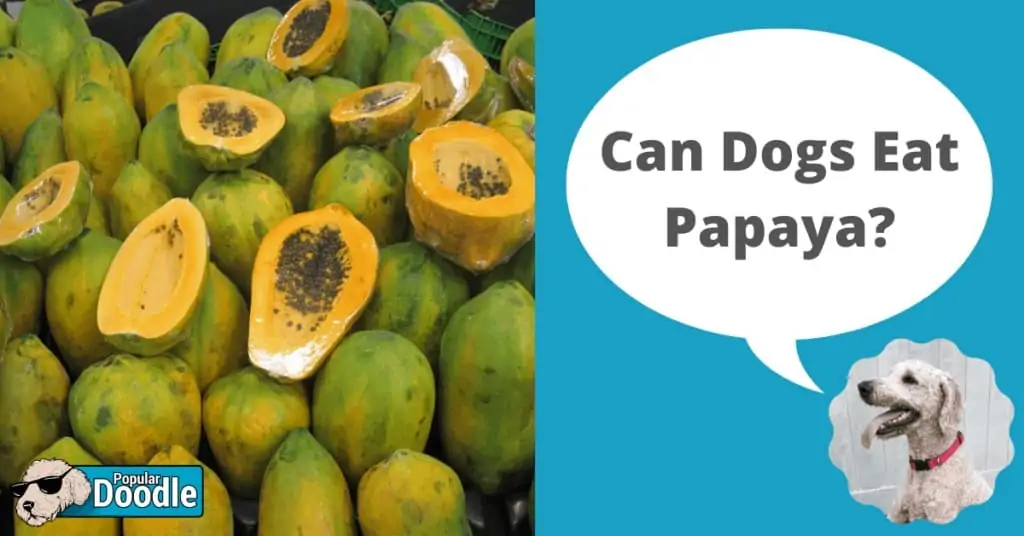
Originating in Asia around 2,000 years ago, the persimmons fruit first appeared in California in the mid 1800s. While not as commonly enjoyed in the United States, those who like them describe them as having an almost honey-like taste to them. However, biting into one that is unripe will leave you with a bitter surprise! Persimmons can be a finicky fruit, but one that many have come to love. If you decide to try a persimmon, you might want to give a bite to your pooch as well. Before you do, you’re likely asking, can dogs eat persimmons? So, are persimmons bad for dogs? Let’s find out!
Can Dogs Eat Persimmons? (The Short Answer)
Yes, dogs can eat persimmons! Persimmons are a great source of vitamins, minerals, antioxidants, and fiber! To keep your pup safe, there are a few things you should know. Do not feed your dog the pit or seeds of the persimmon. This can cause choking or a bowel obstruction. While they’re full of fiber, which is generally good, too much can cause diarrhea so portions should be kept small.
It’s important to remember, that even with the best of intentions, accidents happen and dogs can easily eat things they shouldn’t. Unfortunately, even if those accidents aren’t fatal, they can result in huge, unexpected veterinary expenses. That’s why we recommend all responsible dog owners get a free, online pet insurance quote from Healthy Paws.
Are Persimmons Good For Dogs?
We’ve already answered the question, “can dogs eat persimmons?” Now, let’s learn about the benefits of feeding your dog this food! Are persimmons good for dogs?
Persimmons are a berry that provide some great health benefits! They’re packed full of vitamins, minerals, and antioxidants. They also have a pretty significant amount of fiber—a single persimmon contains about six grams of fiber! They’re also a pretty low-calorie snack, containing a little over 100 calories each. Persimmons also contain some anti-inflammatory properties.
Lets start with the vitamins! Persimmons contain vitamins C, A, E, and K. They also contain pyridoxine and folates. Vitamin C is especially abundant in this fruit. Vitamin C is important for ridding the body of harmful free radicals, reducing inflammation, and reducing effects of cognitive aging. Unlike humans, dogs are able to synthesize their own vitamin C in their liver. However, additional vitamin C in their diet is not harmful. Vitamin A is important for promoting good vision, growth, fetal development, and immune function. Vitamin E is considered your dog’s defense against oxidative damage. Deficiencies in vitamin E can lead to problems such as eye or muscle degeneration or problems with the reproductive system. Vitamin K is another great vitamin that allows your dog’s blood to clot properly.
In terms of minerals, persimmons is rich in manganese, copper, and phosphorus. Here’s how they can help your pup:
Manganese: Needed to produce energy, metabolize protein and carbs, and to make fatty acids. It’s also an important part of many enzymes!
Copper: Important for bone health, the formation of connective tissue, and myelin.
Phosphorus: In combination with calcium helps to create and maintain healthy bones.
Fiber is another nutrient that is super important to your dogs health! Fiber helps significantly with digestion and can decrease the risk of your dog developing colon cancer. This is because it speeds up the process of elimination of wastes from the body and decreases the amount of exposure to carcinogens that your dog has. Having a steady supply of fiber in your dog’s diet can regulate the digestive system and reduce episodes of diarrhea or constipation. That being said, too much fiber too suddenly can cause your dog to experience diarrhea.
Are Persimmons Bad for Dogs?
We’ve already answered the question, “can dogs eat persimmons?” Now, let’s learn about the dangers of feeding your dog this food! Are persimmons bad for dogs?
You do need to be cautious when feeding your pup persimmons. Not all parts of the fruit are safe for dogs, and some parts such as the pit and seeds can cause health problems. Your dog consuming too many persimmons is a bad thing and can wreak havoc on their digestive system.
Most importantly, you should never feed the seeds or the pit to your pup. Not all persimmons actually have a pit, so it’s important that you check. The seeds and pit aren’t toxic to dogs, but there’s a decent risk that it can cause an intestinal blockage. Intestinal blockages in dogs prevent food and fluids from passing through the GI tract. This can become rather painful and, in many cases, requires surgery to correct.
Like previous noted, fiber is really important to your dog’s diet. However, too much in too short a period of time can shock your dog’s digestive system. Fiber is a carbohydrate that the body can’t digest, so it can’t be broken down into sugar like most carbohydrates. It simply speeds through the digestive tract. If too much is given it will speed up the digestive system and cause diarrhea to occur. Your dog should already be getting all necessary nutrients from their daily dog food, so they don’t need huge amount of human food. Human food should just be to be a light snack or treat.
Other Varieties & Related Foods:
Can Dogs Eat Persimmons Fruit?
Yes, dogs can eat persimmons fruit! When fully ripe, persimmons can have a sweet, honey-like flavor. Like most foods, it is safe in moderation as a small treat in addition to your dog’s normal, daily meals. A s long as you follow the guidelines provided above about removing the seeds and pit and only giving a small amount, persimmons are safe for dogs!
Can Dogs Eat Persimmon Skin? / Can Dogs Eat Persimmon Peel?
Yes, in small quantities the peel of a persimmon is safe for dogs. Similar to apples, too much of the peel isn’t good for your dog’s digestion, but in small quantities it won’t hurt them.
In Conclusion: Can Dogs Eat Persimmons?
Yes, dogs can eat persimmons! They’re a unique fruit that can be turned into a delicious treat. They’re full of vitamins and minerals to maintain your dog’s overall health. They are also rich in fiber, which will help your dog’s digestive system regulate itself. Be sure to remove all pits and seeds from them before serving persimmons to your dog, as those parts can be harmful. Persimmons will be sure to have your dog’s tail a-waggin’!
Want to Learn More?
Check out these related articles from our “Read Before You Feed” series for more advice on safe foods for dogs!
- Can Dogs Eat Okra?
- Can Dogs Eat Coconut?
- Is Asparagus Good for Dogs?
- Can Dogs Have Papaya?
- Can Dogs Eat Whipped Cream?
Disclaimer: We are not veterinarians and this article should not be taken as medical or veterinary advice. If you have any questions about your pet’s health or dietary needs, please contact your local veterinarian.


